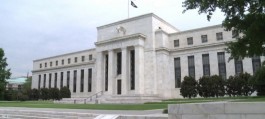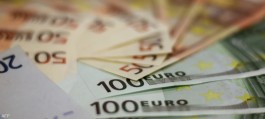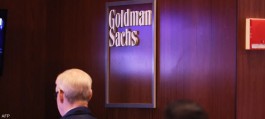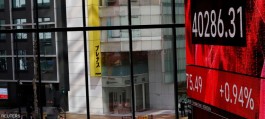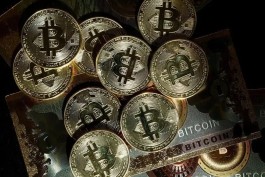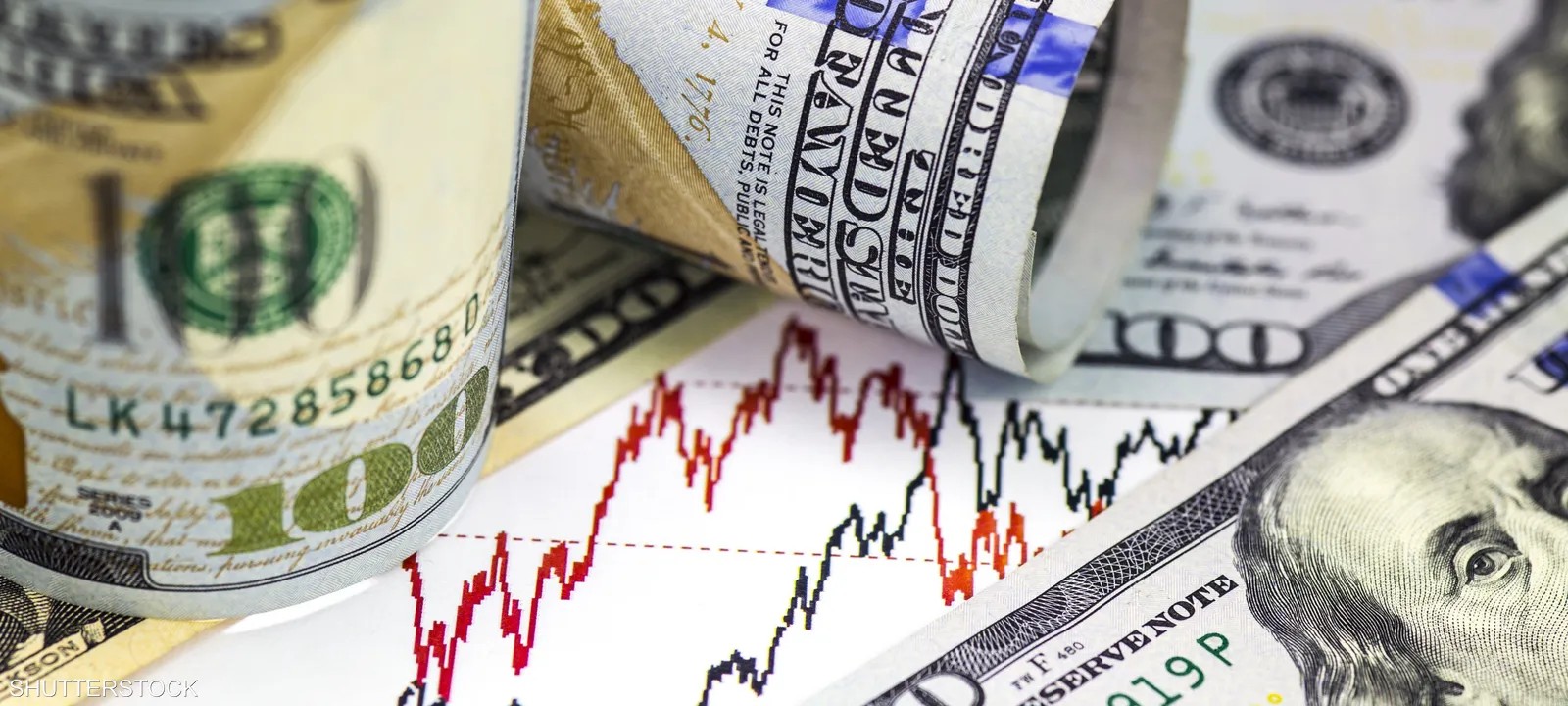The dollar rose and Asian stocks fluctuated in a narrow range as traders assessed the possibility of Donald Trump winning another presidency following his debate with Joe Biden last week.
Stocks in Australia and South Korea fell, while Japan and Hong Kong rose. The greenback rose against most of its G10 peers, while the 10-year Treasury yield eased after rising 7 basis points overnight to near 4.5%.
The Democratic National Committee is reportedly considering formally nominating Biden in mid-July to ensure he is on the ballot in November. After last week’s debate weighed on Biden’s chances of winning reelection, Wall Street strategists are advising their clients to brace for persistent inflation and higher long-term bond yields.
Implications of Trump's victory
Meanwhile, Biden called on voters to pass judgment on Trump, after a Supreme Court ruling cleared the way for the presumptive Republican presidential nominee to potentially escape prosecution for his role in the Jan. 6 Capitol riot.
The sell-off in Treasuries continued overnight as the market began to price in a Trump election win, which would likely result in a continued federal deficit and possibly higher inflation, said Tony Sycamore, market analyst at IG Australia. “Rising US Treasury yields will be accompanied by a stronger US dollar, both of which will be problematic for many Asian stock markets,” he added.
Australian bonds fell as the central bank saw the strongest chance of keeping interest rates at a 12-year high in June. U.S. stock futures fell in Asian trading hours, despite Wall Street rising on Monday amid a rally in tech giants.
Pessimism in China
In China, pessimism about the domestic economy has led to higher demand for government bonds. The central bank said it will borrow government bonds from primary dealers, a sign it may be considering selling the securities to cool the rally.
Meanwhile, the chances of the Bank of Japan raising interest rates later this month have increased after an index showed confidence among the country’s top manufacturers rose from three months ago. Vanguard Investment Bank sees the yen at risk of falling to around 170 against the dollar if potential BOJ policy changes this month fail to boost the country’s bond yields.
In Europe, European Central Bank President Christine Lagarde signaled there was little evidence that inflationary threats had passed, boosting expectations that officials will take a break from cutting interest rates this month. The euro was little changed after French election results suggested there was less likelihood of extreme policies coming from the far right.
The fate of interest rates
After last week’s presidential debate, which changed the odds of Trump beating Biden, Morgan Stanley strategists Matthew Hornbach and Guneet Dhingra reassessed their pre-election assumptions.
“The key issue is that the market now has to contend with the increased likelihood of changes in immigration and tariff policies in an economy where growth is already slowing, making the market more vulnerable to pricing in further rate cuts,” they wrote in the note. “On the other hand, the increased likelihood of a Republican sweep, amid increased focus on the fiscal deficit, could put upward pressure on long-term premiums.”
While there is a common debate about whether election timing influences the Fed’s policy choices, history shows that the U.S. central bank has not refrained from taking action during those years, according to Sage Advisory’s Koomson Silappachai.
In commodities, oil prices were near a two-month high amid heightened tensions in the Middle East and concerns over the rapid start of the Atlantic hurricane season. Meanwhile, gold was little changed.

















